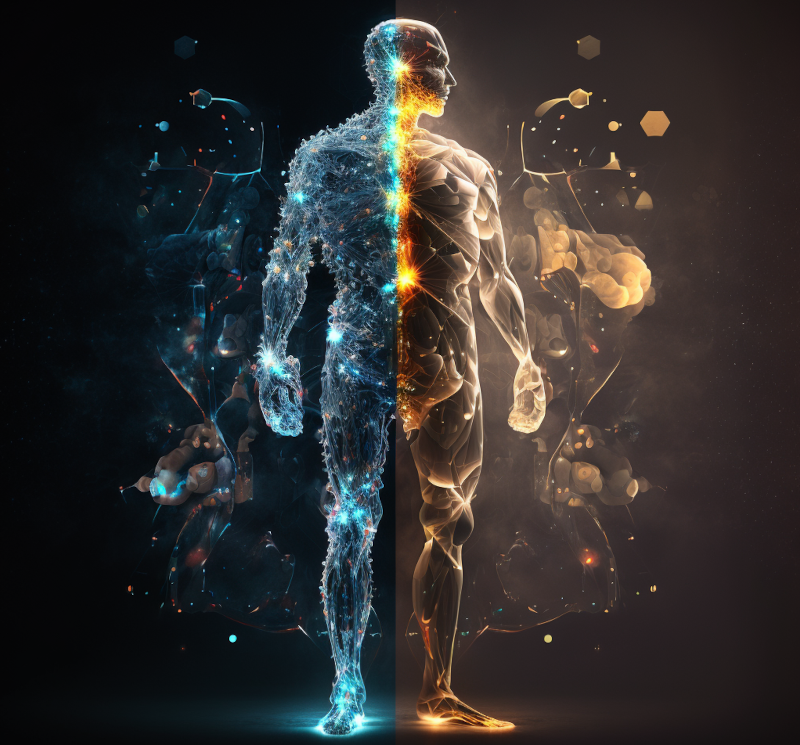Blog posts
Intrinsic Capacity vs. Artificial Intelligence
Published on 29 September 2024

In recent years, the concept of *Intrinsic Capacity* has gained increasing importance in healthcare, particularly in the care of the elderly. This innovative approach, promoted by the World Health Organization, focuses on the combination of a person’s physical and mental abilities, aiming to maintain their independence and quality of life as they age. It represents a significant shift from the traditional focus solely on managing diseases.
Intrinsic Capacity encourages a more holistic view of health, placing the individual and their
functional abilities at the center of care, rather than focusing only on medical conditions.
The idea is that even in the presence of chronic or degenerative diseases, individuals can
maintain high levels of autonomy if they receive proper support. The key lies in early
intervention to preserve vitality, cognitive functions, and physical and sensory abilities.
In this context, Artificial Intelligence (AI) can play a crucial role. Over the past few
years, AI-powered technologies have begun to be integrated into healthcare to monitor, analyze,
and promote individuals' Intrinsic Capacity. With AI, it’s possible to gather and analyze vast
amounts of biometric, cognitive, and behavioral data, creating personalized profiles that allow
for the prediction and prevention of physical and mental capacity decline. Remote monitoring
systems and digital assistants provide patients and caregivers with advanced tools to better
manage health and intervene promptly when signs of difficulty are detected.
AI can, for instance, analyze early signals of cognitive issues, such as memory or reasoning
difficulties, and suggest targeted exercises or therapies to strengthen these abilities.
Similarly, it can monitor vital signs and alert doctors or family members in case of anomalies
that could pose a health risk. The result is greater proactivity in health management, with more
timely and targeted interventions.
Moreover, with wearable technologies and sensors, AI can track physical activity,
sleep quality, and even parameters like heart rate and oxygen levels, providing a comprehensive
view of an individual’s health. This not only improves personalized care but also empowers people
to take more control over their health, promoting prevention and active aging.
The combination of Intrinsic Capacity and Artificial Intelligence opens new paths to
improving people’s well-being, particularly as they age. Rather than focusing solely on treating
diseases, the aim is to maintain and optimize individuals’ physical and mental resources,
allowing them to lead healthier and more autonomous lives. AI could be the key tool in achieving
this, making healthcare more efficient, predictive, and patient-centered.
In a world that is rapidly aging, with an increasing elderly population, this innovative
approach could significantly enhance the quality of life for millions of people, promoting not
only longevity but the ability to live the later years of life with dignity, independence, and
well-being.
 This project has received funding from the European Union’s
Horizon 2020 research and innovation programme under grant
agreement No 945169
This project has received funding from the European Union’s
Horizon 2020 research and innovation programme under grant
agreement No 945169